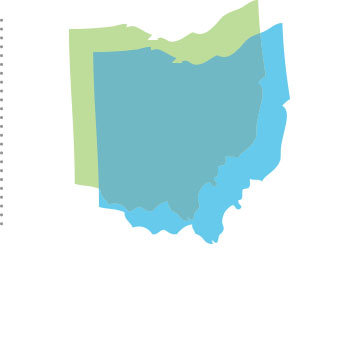Increasingly, high school teachers who are interested in teaching dual enrollment courses are finding it difficult to do so if they do not already hold a master’s degree (or a sufficient number of graduate–level credits) in a relevant subject area. Certification is obviously not an issue for programs in which college instructors teach dual enrollment courses in a high school setting. However, for far too many schools, especially those that are under–resourced or geographically isolated, such programs are not a viable option.
Despite the challenges, certifying high school teachers for dual enrollment programs is valuable not only because it brings greater rigor to the programs but also because of the positive influence certification can have on the teachers’ non–collegiate courses.
Therefore, ACT recommends that states develop a teacher improvement fund, or use federal professional development funds available in Title II of the Elementary and Secondary Education Act, to support high school teachers in obtaining the necessary certification for dual enrollment programs. In addition, states should look at alternative approaches and partnerships to ensure that teachers can access master’s degree–level courses
